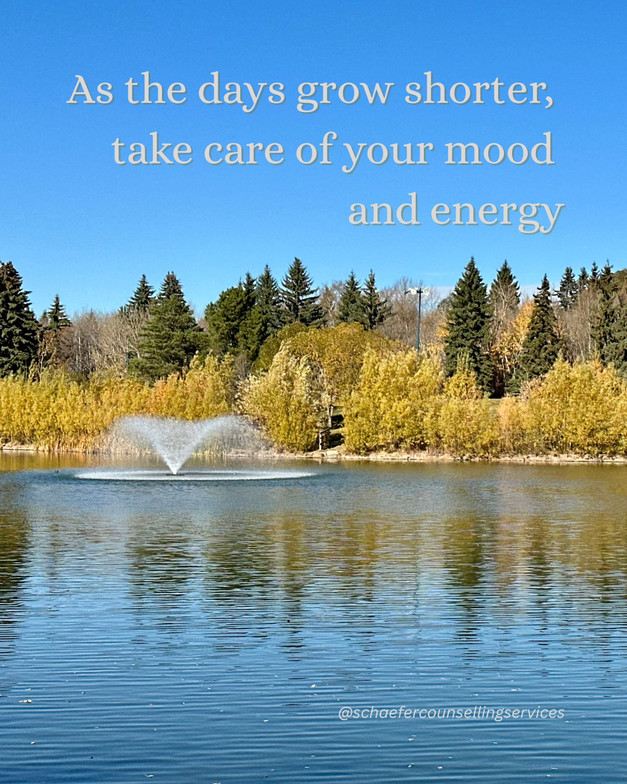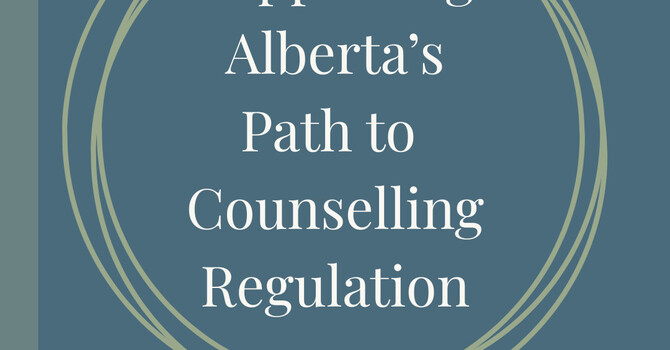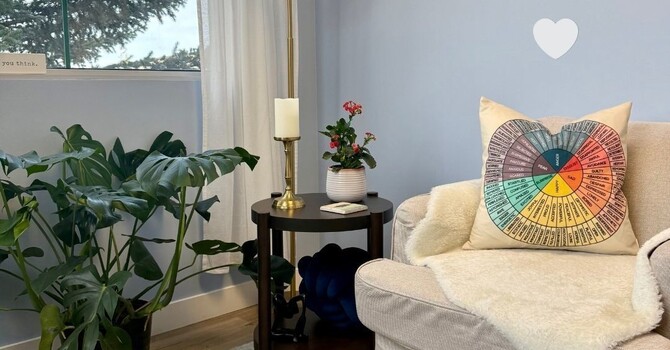
As the darker months approach, many of us notice shifts in mood, energy, and motivation. For some, these changes are mild—a case of the “fall blues.” For others, however, seasonal changes can trigger Seasonal Affective Disorder (SAD), a type of depression linked to reduced daylight.
SAD typically begins in late fall or winter, when daylight hours shrink, and symptoms often ease in spring as the days lengthen. Recognizing these changes early can help you take steps to support your mental health and maintain balance throughout the season.
Signs and Symptoms of SAD
Everyone experiences SAD differently, but common signs include low energy or fatigue, feeling unusually tired even with enough sleep; difficulty concentrating, such as struggling with focus, decision-making, or completing tasks; changes in sleep or appetite, including sleeping more than usual, having trouble waking, or craving carbohydrate-rich foods; and feeling down, hopeless, or withdrawn, losing interest in activities you usually enjoy or isolating from others.
If you notice these symptoms in yourself, remember that you are not alone, and support is available.
Strategies to Support Your Mental Health
There are practical steps you can take to manage seasonal mood changes. Spending time outdoors, even briefly, can improve mood. Maintaining a routine with regular sleep, meals, and daily activities helps stabilize energy and emotions. Staying active supports both physical and mental well-being. Light therapy using special lamps can help offset the lack of natural light. Connecting with supportive people, such as friends, family, or peers, can reduce feelings of isolation.
If symptoms persist or interfere with daily life, reaching out to a therapist or healthcare provider can offer guidance, tools, and relief.
Counselling Support in St. Albert and Virtually
I provide counselling in St. Albert and virtually across Alberta, offering a collaborative and supportive space to navigate seasonal changes, develop coping strategies, and maintain your mental well-being. Whether you’re experiencing mild shifts in mood or more pronounced symptoms of SAD, seeking support is a proactive step toward better mental health.
Your well-being matters—even as the days grow shorter. Feel free to reach out and book your free 30-minute consultation here.

Annika Schaefer
Contact Me



